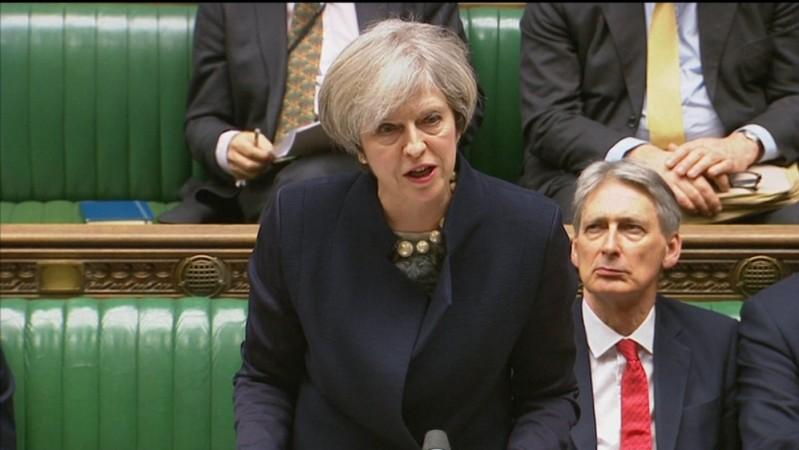
Britain's House of Commons on Wednesday gave its approval to the Brexit bill clearing the UK government to begin exit talks with the European Union. The opposition lawmakers, however, fear that the UK government is heading to Brexit without a clear road map.
Government cannot go ahead with Article 50 without Parliament's approval, UK SC says
With the decisive 494-122 votes, the bill will now go to the House of Lords for their approval, the house, however, can not derail the bill now but can delay it. The legislation will become a law in weeks.
Voting for the bill came after three days of debate in the house where opposition lawmakers tried to pass amendments guaranteeing Parliament a bigger role in the separation process and setting rules for the government's negotiations with the rest of the 27 European Union countries.
The Supreme Court last month had ruled that the UK government cannot go ahead with triggering Article 50 and initiating the Brexit process without Parliament's approval. The SC ruling deemed that the British Prime Minister Theresa May would not be able to begin Brexit talks with the European Union until the members of parliament give their support to the decision.
The Article 50 of the Treaty of Lisbon contains all the rules and regulations that a country has to follow and enact if it wishes to opt out of the European Union. The United Kingdom is the only country to have opted out of the EU until now.
After the voting in the house, pro-Brexit Conservative Iain Duncan Smith said, "tonight we have started the process of delivering on ... what the people wanted." However, the Liberals who opposed the bill vowed to continue fighting against it.
The lawmakers against Brexit had hoped that the SC's decision would help delay a "hard Brexit" which is set to shock Britain's economy. In case of a hard Brexit, Britian will lose full access to the EU's single market and would face restrictions on trade.















